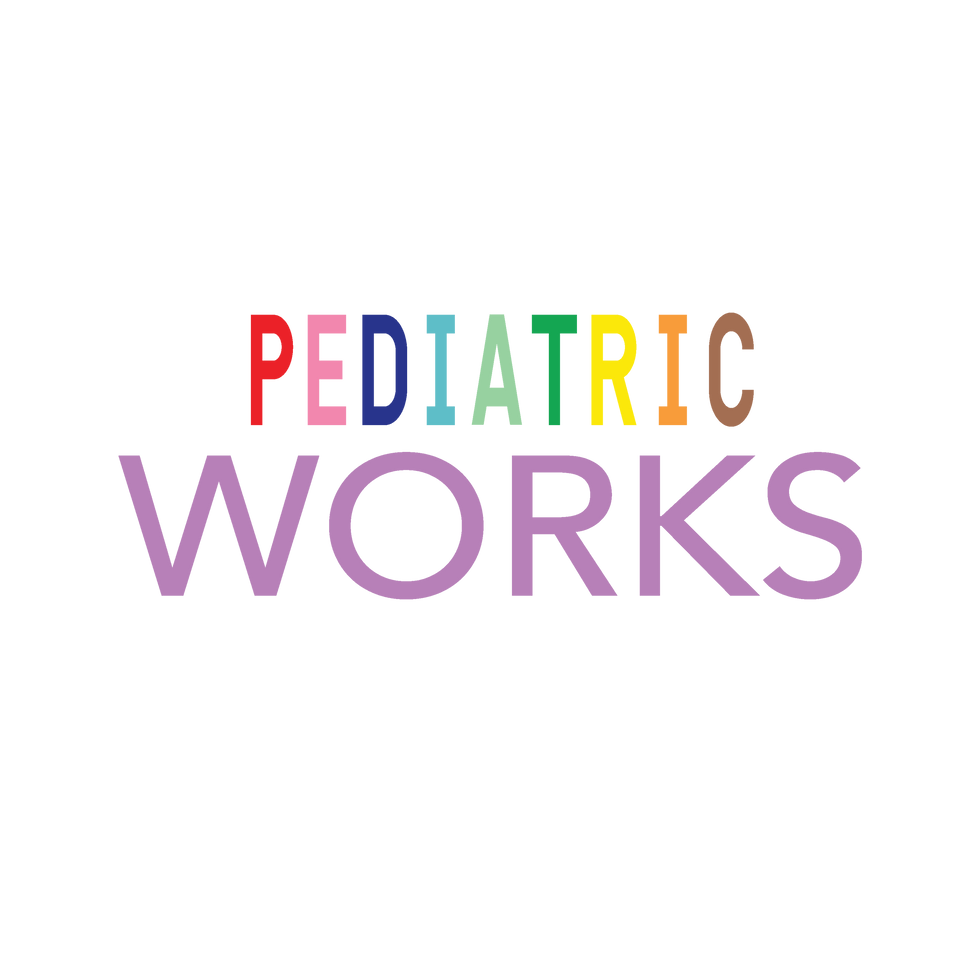The Two G's (Gastroenteritis and Ginger)
- May 17, 2023
- 3 min read
Updated: May 18, 2023

Let’s talk about “stomach bugs” or Acute Gastroenteritis (AGE). Over the last week, a few of my kiddos have had the dreaded stomach bug. AGE is defined as diarrhea (2 or more episodes), with OR without vomiting or fever. Nausea can also be involved. It is self-limited but anything over two weeks needs to be evaluated. RED flags for AGE include blood in stool, blood or greenish color in vomit, concerns of dehydration, a change of mental status, or other symptoms that don’t fit into the usual bracket. AGE is usually caused by a virus picked up from a classmate or family member. It isn't a good feeling (I particularly HATE feeling nauseous). They can be tired, clingy, and irritable. We typically have to allow the virus to “run its course” and let the body fight! But… what non-pharmacological methods can we take? Try ginger.
I remember my first introduction to ginger. I was in medical school on the island of Grenada. A Grenadian woman on campus offered ginger candy for my nausea, the worse part of migraines for me. And it worked! Ginger’s active phenolic compounds are Gingerols, Zingiberene, and Shogaols. It not has only antiemetic (against vomiting and nausea) but also anti-inflammatory and anti-oxidant properties. I am sure you have also heard of using ginger for vomiting and nausea but it has never been extensively studied until now.
There was a study on ginger in the July 2021 issue of Alimentary Pharmacology & Therapeutics. This study was double-blind and randomized, which means none of the participants or the researchers knew of the patient’s treatment. In the end, there was a total of 150 kids from the ages 1 to 10 enlisted in this study. 75 kids received ginger liquid and 75 receive a placebo (fake) liquid. (The color, weight, smell, and taste of the ginger and placebo were similar. Ginger has a very distinctive taste and smell, so this was a must to keep the study double-blind and randomized.)
This study was done in Italy with a group of pediatricians in primary care clinics. Children were given 10 mg of ginger every 8 hours once they were given a diagnosis of AGE. They were given this treatment until the vomiting had resolved. Parents recorded everything in a diary: number of episodes of vomiting, diarrhea, tummy pain, fever, headache, hospitalization, number of lost days of school or parent work, and plenty of other notes. The result? Those who took ginger had fewer vomiting episodes than the placebo group.
Now there were some issues with this study; for example, the small sample size, they did not test kids with moderate-severe AGE, ginger was not studied against Zofran (Ondansetron, the standard pharmacological treatment) or against its isolated active phenolic compounds. Also, there was no explanation as to why 10 mg of ginger was used. However, there were no reported adverse effects to using ginger in this study.
The main medical issue with AGE is dehydration, which we try to monitor. Ginger is an attractive alternative to Zofran. Zofran is widely used, but what if we use something natural and already in our homes? There is Ginger tea, Golden Milk, Ginger Candy, Ginger Supplements, and much more. (Children under the age of 1 can NOT have honey, and be mindful that candy can be a choking hazard for small kids.) Also, be aware that commercial ginger ale commonly has carbonated water, high-fructose corn syrup, and artificial or natural ginger FLAVOR or less than 2 percent of real ginger, like in Canada Dry. So, while this might seem like the most convenient option, it generally doesn’t do the job. If you try the ginger route, let me know!
When people are looking for a pediatric clinic in Atlanta, they have a leading edge "in home" option with Pediatric Works!
Let’s keep in touch!

.png)



Comments